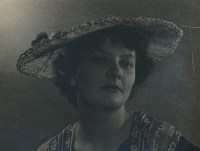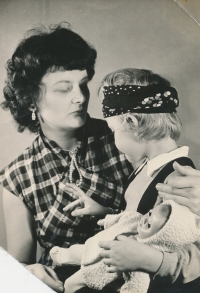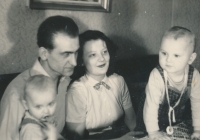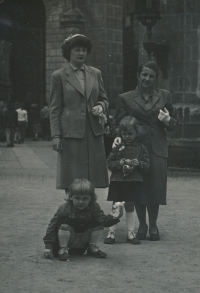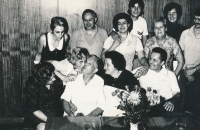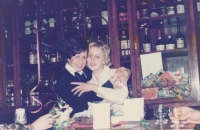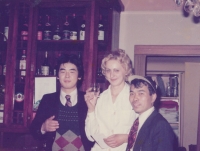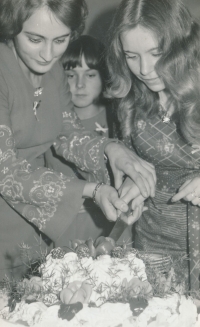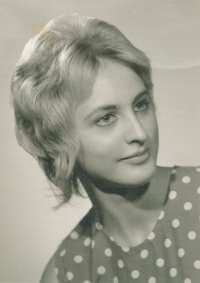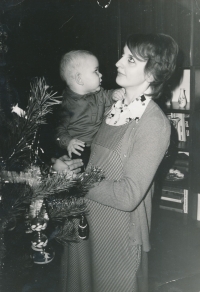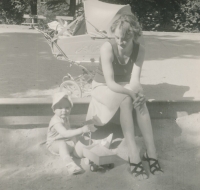Don’t ruin your life, answer neutrally!
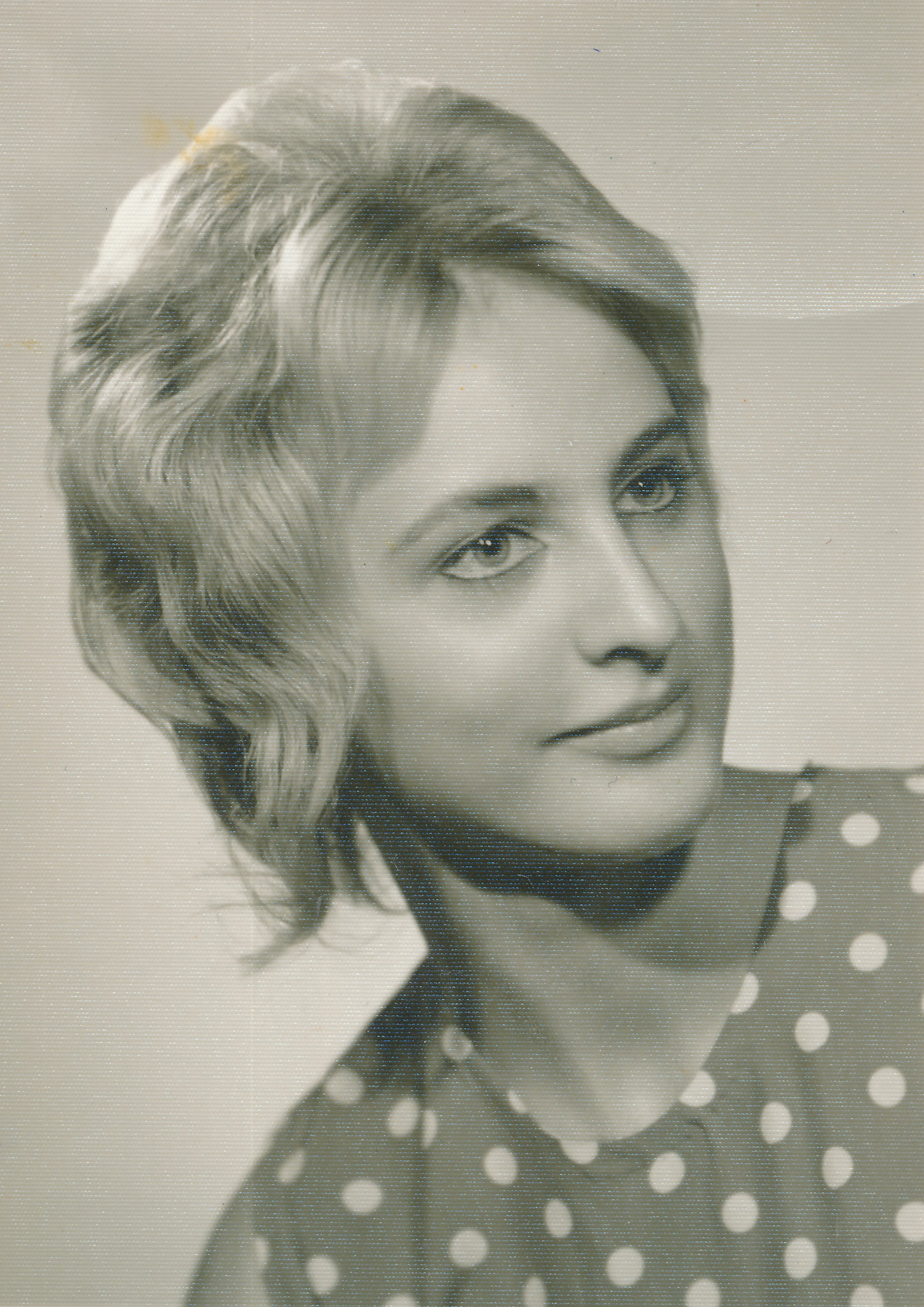
Download image
Jana Krychová was born on 14 August 1954 in Prague in difficult times and a difficult family situation. Her father, Jiří Sudík, was considered a kulak because of his family property when after the communist coup in 1948 they nationalized and destroyed the grandfather’s large estate in Bykoš near Beroun. The other grandfather, the father of Bohunka Sudíková’s mother, worked as a cook for the aristocratic Schwarzenberg family at the Hluboká castle until 1939, when the castle was confiscated by the Gestapo. In 1961, as a primary school pupil, the witness attended the welcoming of Yuri Gagarin in Prague. However, she perceived it with great reluctance because her mother had instilled in her from childhood a strong dislike for the communist regime. She told her, for example, about the trials of the 1950s. Jana Krychová later threw away her SSM (Soviet Youth Union- transl.) legitimation and did not want to join the Communist Party. In September 1968, she witnessed the filming of the American film The Bridge at Remagen near Prague, which was guarded by Soviet occupation troops. She started her apprenticeship in 1969 as a cook at the Ambassador Hotel on Wenceslas Square in Prague. She took part in the riots during the celebration of the Czechoslovak hockey team’s victory at the 1969 World Championship in Stockholm. Her colleague at the hotel was Olga Setnická, a member of the group of hijackers who seized the L-410A Turbolet in 1972 and emigrated to West Germany. During the incident, the hijacker Lubomír Adamica shot and killed the captain of the plane, Ján Mičica. In 1978, Jana Krychová witnessed an unforgettable concert by Johnny Cash in the Sport Hall in Prague. At the time of the interview in 2023, she was living in Košťálov in the Semily region.


